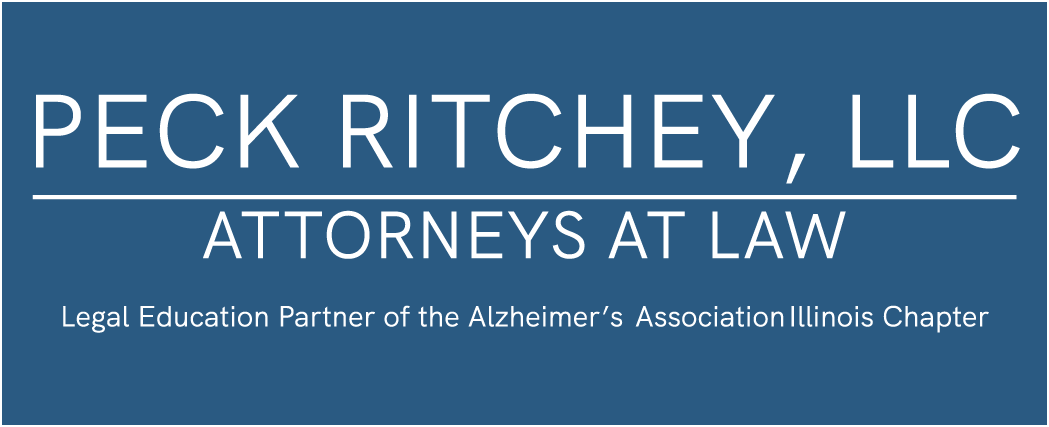Older adults have many long-term care options. However, choosing the option that’s best for you or a loved one is a complicated process. When deciding, you must consider which level of care best suits your situation and circumstances.
What Is an Assisted Living Facility?
 Assisted living facilities resemble retirement communities in many ways. An assisted living community has resources to assist residents with everyday life and self-care when they need it. Most of these facilities offer the same fundamental services, but each facility may have additional services different from those offered in other places.
Assisted living facilities resemble retirement communities in many ways. An assisted living community has resources to assist residents with everyday life and self-care when they need it. Most of these facilities offer the same fundamental services, but each facility may have additional services different from those offered in other places.
Assisted living communities provide healthcare support. However, these communities do not always provide extensive medical care, nor do they provide medical care 24/7.
What Is a Nursing Home?
While assisted living offers residents a community environment, nursing homes typically offer residents a caring, medical environment. Nursing homes focus on medical assistance for adults who require constant care, 24 hours a day, seven days a week. This care usually applies to adults with chronic illnesses or injuries. Many people choose nursing homes when they require a steady pattern of medical assistance to a greater degree than is provided by an assisted living facility.
What Type of Facility is Right for You?
Choosing the facility that best fits your needs depends on your current state of health and the level of assistance you require to handle your everyday activities.
Answering a few simple questions can help you decide which facility best suits you or a loved one.
- How much help do you need to bathe, dress, and use the restroom?
- Do you have a serious health condition that requires medical care?
- Can you prepare your own meals?
- How will you pay for the care you need?
When Should You Consider Assisted Living?
Here are some signs that you or a loved one should consider an assisted living facility:
- Increase in physical injuries: You or your loved one is falling or sustaining injuries more frequently when performing daily activities around the house.
- Declining health: You or your loved one has a medical condition, such as arthritis or dementia, that is worsening every day.
- Cleanliness: You or a loved one is experiencing problems with their personal surroundings, such as keeping the house clean or maintaining personal hygiene.
- Depression: You or your loved one is experiencing increased feelings of sadness, loneliness, and isolation.
- Withdrawal: You or a loved one engages less with people or activities.
- Safety: You or a loved one neglects to take proper safety measures, such as locking the front door.
The optimal assisted living facility provides a rich social environment that enhances the quality of life while maintaining a degree of interpersonal connection with people and the outside world. Assisted living aspires to help people live as independently as they possibly can, based on their circumstances.
When Should You Consider a Nursing Home?
 The decision to move into a nursing home is a milestone decision. This move represents a significant transition from your regular everyday life. This transition also represents a loss of independence, which most people resist for obvious reasons.
The decision to move into a nursing home is a milestone decision. This move represents a significant transition from your regular everyday life. This transition also represents a loss of independence, which most people resist for obvious reasons.
The goal is to ensure health, safety, and well-being. If a nursing home is the only way to accomplish this goal, then moving to a nursing home is likely the best option for you or a loved one.
These signs may indicate that the time is right to consider a nursing home and an additional level of care:
- Terminal or chronic illness requiring around-the-clock medical care and supervision
- Multiple worsening medical conditions
- Increased memory loss, confusion, or disorientation
- Worsening or debilitating dementia-related conditions
- Increases in falling and related injuries
- Difficulty keeping the house clean and maintaining personal hygiene
- Managing money has become overwhelming and difficult
How to Choose the Right Assisted Living or Nursing Home Facility
When comparing assisted living or nursing home facilities, ask these questions:
- Is the facility licensed?
- Has the facility been audited or inspected?
- Do the residents seem happy and in good health?
- What medical professionals are on the facility’s staff?
- How often are medical professionals available?
- What is the ratio of residents to staff members?
- Is there a high turnover among facility staff?
- What is the facility’s procedure for handling medical emergencies?
- How close is the facility to your loved ones?
Get Help from an Experienced Chicago Elder Law Lawyer
At Peck Ritchey, LLC, our Chicago elder law lawyers are committed to protecting the rights of Chicago’s elderly. To discuss your circumstances with one of our experienced elder law attorneys and get help determining which facility is best for the situation, call (312) 201-0900 today or contact us online.
Related Posts:
